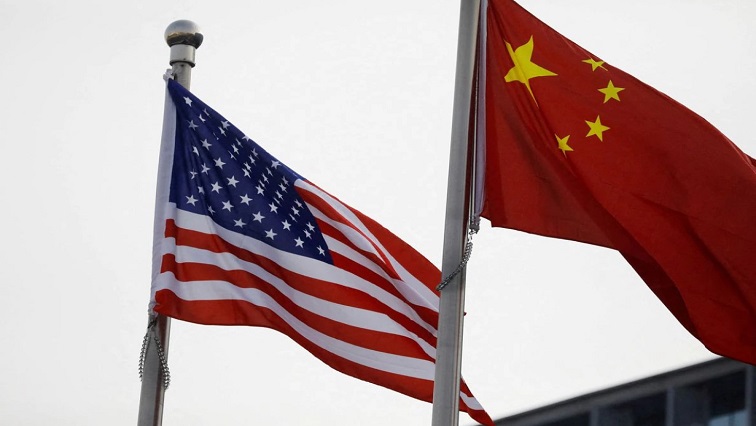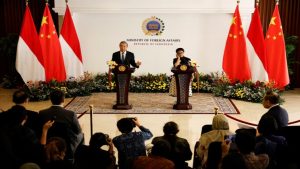A bipartisan group of lawmakers said on Monday they have agreed on a proposal that would give the U.S. government sweeping new powers to block billions in US investment into China, although the measure is part of a broader bill with an uncertain future.
The provision is part of broad-based legislation to boost U.S. competitiveness with China and also grant $52 billion to chipmakers to expand US operations.
Democratic Senator Mark Warner told Reuters on Monday the “the clock is ticking” on the broader chips bill and said there were “a lot of conversations” about pivoting to a bill that would only focus on subsidies for plants to make chips, potentially dropping trade provisions and other measures aimed helping the U.S. compete with China in science, business and technology.
The outbound investment measure was originally proposed as a standalone bill by Cornyn and Casey, but was later added to the House version of a massive bill that includes the grants for chipmakers and is aimed at countering China’s rise.
The draft says a new investment committee would engage with allies to coordinate and share information.
The legislation is intended to give the US government greater visibility into U.S. investments. It will be mandatory to notify the government of investments that may fall under the new regulations, and the U.S. can use existing authorities to stop investments, or mitigate risk. If no action is taken, the investment can move forward.
The concept behind the measure has support within the Biden administration. US President Joe Biden’s national security adviser Jake Sullivan said in July the government was working on new investment screening and considering outbound investment as it seeks to better position the United States for competition in technology.
A study by Rhodium said 43% of US foreign direct investment transactions in China over the past two decades could have been subject to screening under the broad categories set out by the original proposal.






